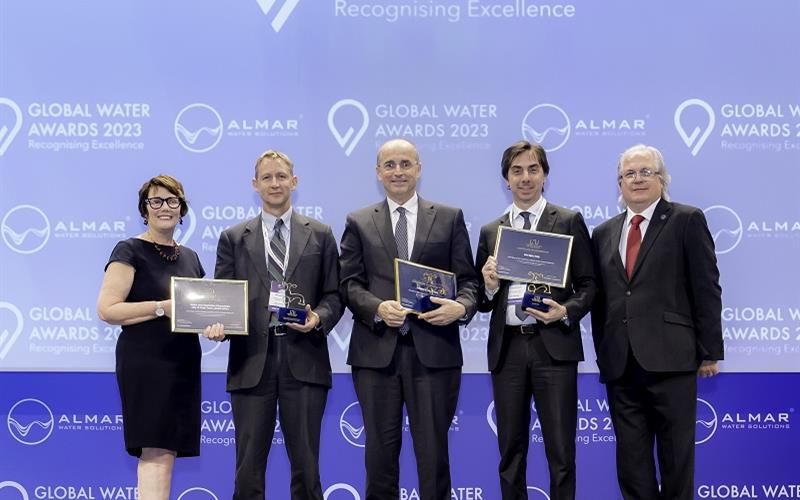The Independent Police Investigative Directorate (IPID) in Gauteng has achieved a significant win by successfully prosecuting a corrupt police officer for drug dealing. On May 16, 2023, Sergeant Vinesh Naidoo, a member of the OR Tambo International Airport Vispol Division, was sentenced in the Boksburg Magistrate’s Court.
Charges and Verdict
Initially, Naidoo faced two charges of murder and drug dealing. However, he was acquitted of the murder charges due to a lack of evidence. The incident occurred on November 27, 2016, when Naidoo was driving a South African Police Service (SAPS) patrol van. Members of the Directorate for Priority Crime Investigation (DPCI) discovered drugs in the vehicle, and behind it lay the bodies of Naidoo’s crew member and a DPCI Warrant Officer.
IPID’s Pursuit of Justice
Despite IPID’s recommendation to take disciplinary action against Naidoo, his employer acquitted him in 2019. This allowed Naidoo to continue serving in the police force until his recent conviction. Robbie Raburabu, the National Spokesperson for IPID, shared this case as an example of the organization’s unyielding efforts to bring corrupt law enforcement officials to justice and maintain the integrity of the SAPS.
Understanding IPID’s Role
IPID is an independent body responsible for investigating complaints against members of the SAPS and municipal police services. It serves as a watchdog to ensure police accountability, transparency, and adherence to the rule of law.
Challenges Faced by IPID
The Naidoo case highlights some of the difficulties IPID encounters in its pursuit of police accountability, such as resistance from within the SAPS and lengthy legal processes. Despite these obstacles, IPID remains determined to uphold a high standard of integrity within the police force.
Significance of the Naidoo Case
In recent years, South Africa has been struggling with corruption and crime within and outside law enforcement agencies. The successful prosecution of Naidoo is a small but significant step forward in the fight against corruption in the country. It sends a strong message that everyone, including law enforcement officials, is accountable for their actions.
IPID’s Commitment
As the government and law enforcement agencies continue to combat corruption and crime, IPID’s work serves as a testament to their commitment to uphold the rule of law and protect the public from corrupt forces within the system. The Naidoo case emphasizes the importance of IPID’s role and the challenges it faces in ensuring police accountability. Although this particular case has concluded, IPID’s work is ongoing as they strive to eliminate corruption in law enforcement and restore the public’s trust in the institutions designed to protect them.












